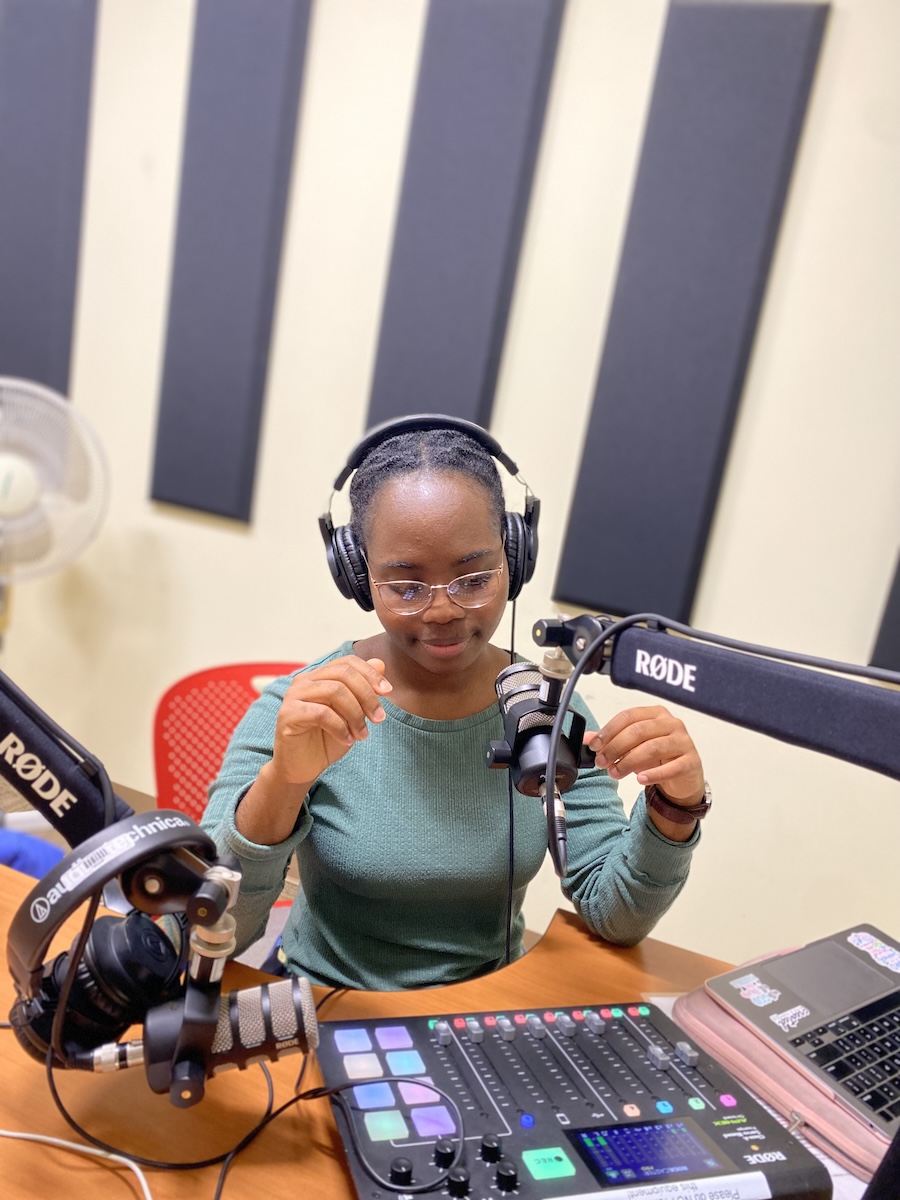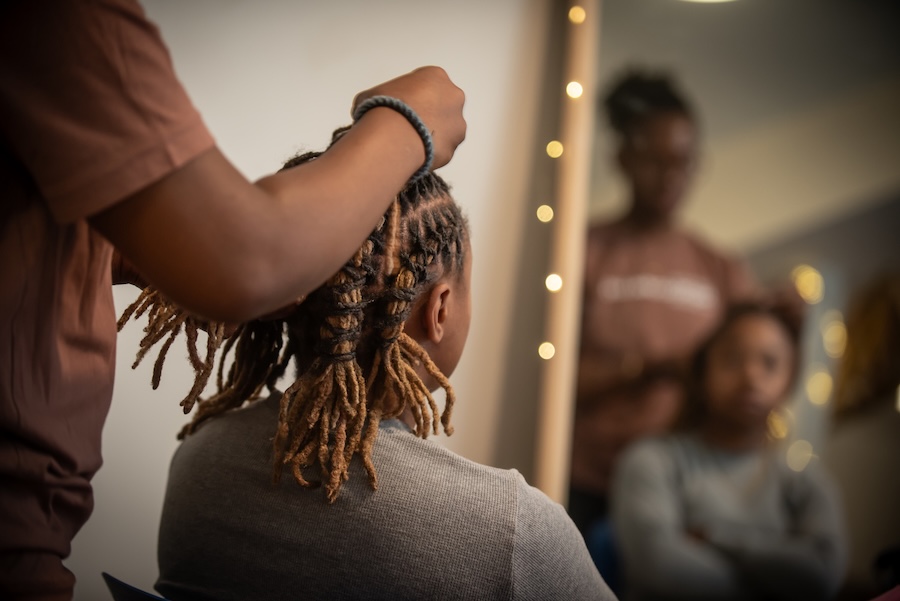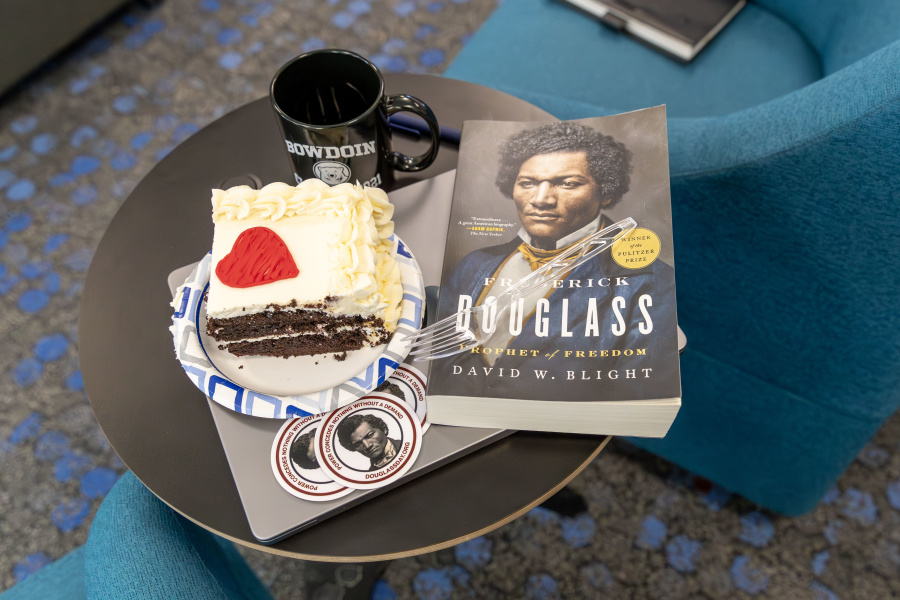A Leader for Today: Applying Dr. King's Lessons to the Next Generation
By Bowdoin NewsThe day began with a screening of King's "I Have a Dream" speech from the March on Washington in 1963. And the day ended with a viewing and reflection on another of King's speeches, "The Other America," in Daggett Lounge.
On Wednesday, February 13 at 7:00 p.m., the annual Martin Luther King Jr. Commemorative Lecture will be given by author and historian Taylor Branch, who will speak on "The Radical King: His Final Years," in Kresge Auditorium.
Below are short descriptions of several of the MLK offerings held on campus yesterday.
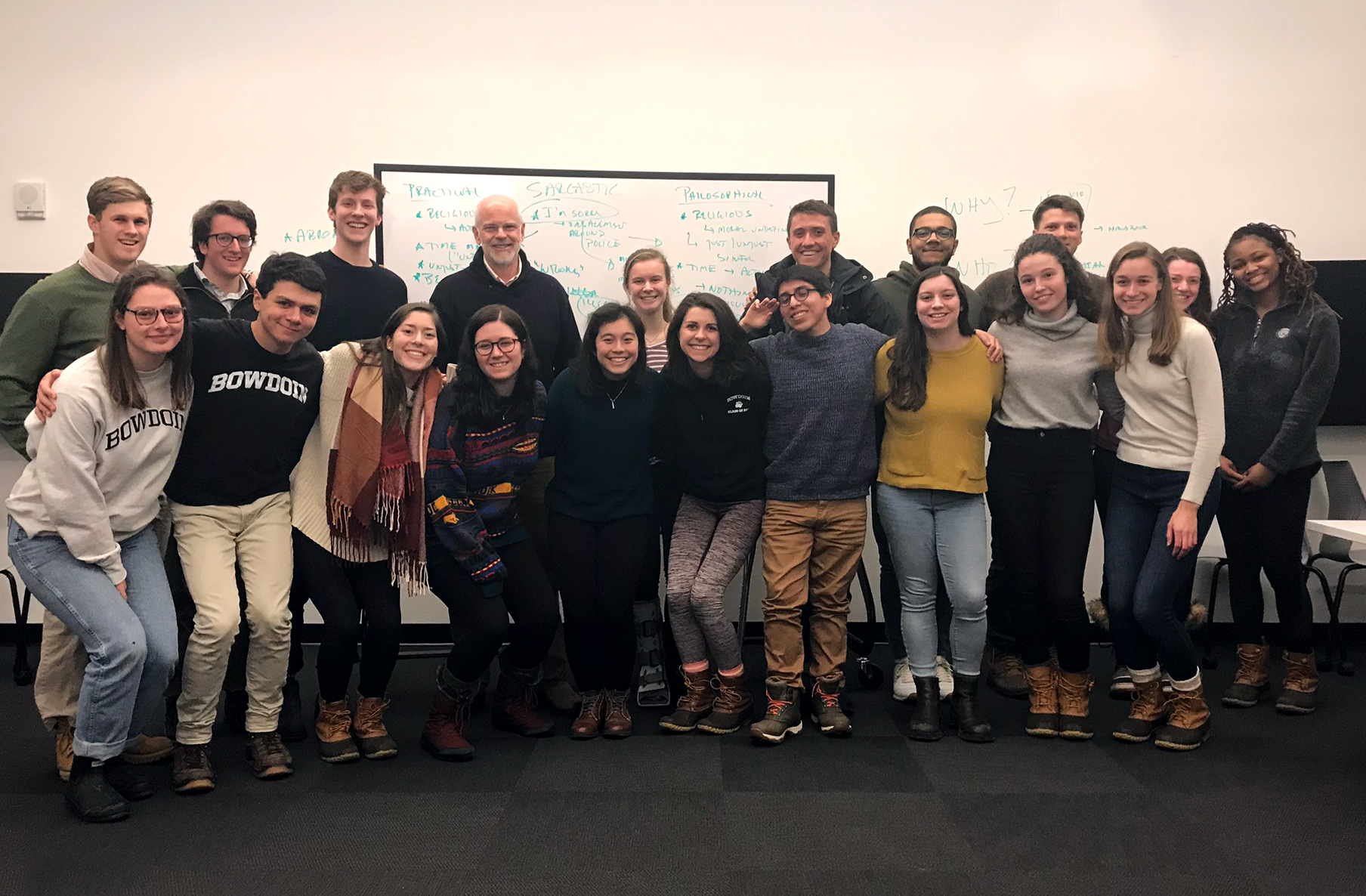
On the Timelessness of Letter From Birmingham Jail
Presented by President Clayton Rose
Half a century after Martin Luther King’s visit to the College, the reverend’s words still draw students in.
On Monday, January 21, 2019, students assembled at the Roux Center for the Environment to discuss with President Clayton Rose King's Letter from Birmingham Jail. In his roles as academic and as leader, Rose said he's been fascinated for years by the letter, both for its rhetorical power and its central message: a call to action against injustice.
“What’s interesting about the letter is that it sparks two conversations,” Rose noted. “First is that you can look at it as a powerful rhetorical and political tool. Second, how it resonates personally with each individual, allowing us to see how we each think about the issue of injustice.”
In his lecture, Rose spoke about the document itself before leading a discussion with students on the "Call for Unity," which was the call for an end to civil disobedience by eight Alabama clergymen that precipitated King’s now famous response.
The class discussed how the clergy members’ Call for Unity statement could explain the tone King brought to his letter—a tempered indignation that reveals the culmination of his years spent waiting for a change by white moderates.
Rose said he personally feels most connected to this portion of King’s argument, for he sees his call to the white moderate as a timeless directive for all those tempted by complacency in the face of injustice.
“I find it so powerful because I think it called out the people who had sympathy with the civil rights movement but were not able to, for one reason or another, connect to it. And his letter...shows why they need to commit to it now,” Rose said. “There are very few written or oral arguments in history that have this kind of effect.”
—Nicole Tjin A Djie ’21
Fierce Compassion
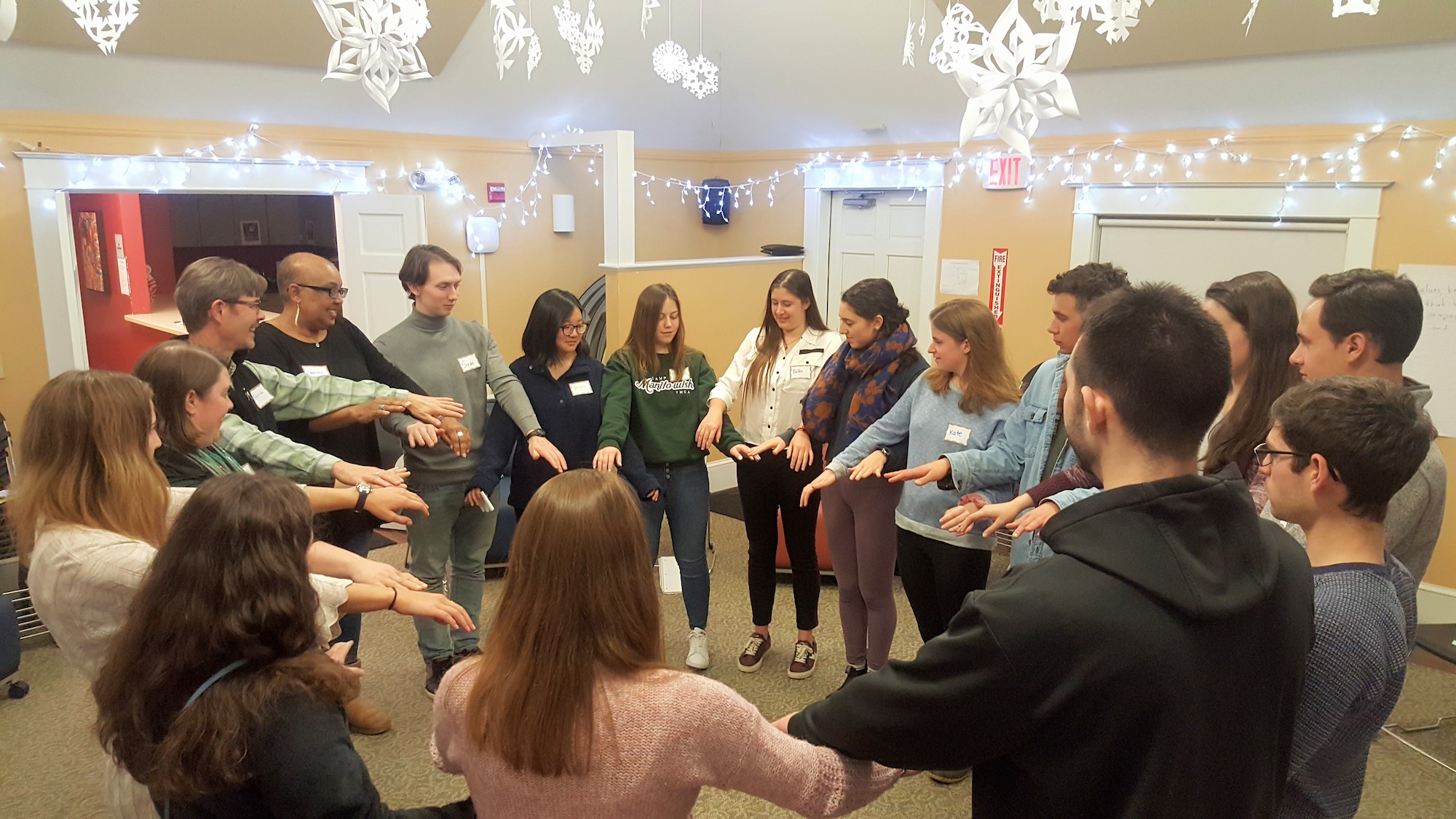
In one of the special classes offered to students on Martin Luther King Jr. Day, students contemplated compassion, or rather "fierce compassion"—what it is, and its role in our lives and in social change. Compassion was a central idea in King’s teachings on nonviolence.
The three instructors—Byrnes, Hershberger, and Roseboro—said that King embodied the idea of fierce compassion in his work for justice through nonviolent, peaceful means, but that achieving this can be challenging in our current climate.
"We wanted to offer time and space for students to consider how fierce compassion looks in their lives, obstacles that can limit a compassionate response to a person or a situation, and how contemplative practices like meditation, prayer, loving kindness, and mindful speech can support fierce compassion in our current sociopolitical climate," Byrnes said. "We hoped to honor the work we do as individuals to cultivate compassion and to build interpersonal connections as a Bowdoin community working toward creating a compassionate campus."
Several students in the class defined fierce compassion as a revolutionary tactic, a way to break barriers, and a measure to keep the well-being of others in mind. They also spoke about the challenges of always being compassionate. A student admitted he found it difficult to actively listen to ideas that oppose his. Another mentioned that, because of her soft-spoken personality, she struggles to be fierce. And a third said she battled with self-forgiveness because of her idealism and high expectations.
Hershberger asked students to consider what stopped them from practicing compassion. “Why do we stay on the sidelines…and move away from people who suffer, go numb?” he asked. He argued that it gets easier to develop compassion when we break down big issues, and that values like individualism and perfectionism can be obstacles. Perfectionists, he said, avoid vulnerability.
And he suggested that the most vulnerable people are the most connected. The class discussed how living in a world where we are consistently registering danger, and therefore activating our sympathetic nervous system, becomes problematic. And they learned about how meditating on love and kindness can help cultivate compassion. King himself began to meditate after his visit to India. “Meditation," Roseboro said, "helps us not freeze in the face of uncertainty.”
—Samara Nassor ’22





Active in the Archives: Martin Luther King Jr. and Bayard Rustin at Bowdoin College
Presented by Special Collections Education and Outreach Librarian Marieke Van Der SteenhovenOrchestrating the event was Marieke Van Der Steenhoven, outreach librarian at Special Collections & Archives. “My desire is always to get more people into the archives to view the primary sources that document Bowdoin’s past,” she said. “MLK Day seemed like a great opportunity to pull out a selection of materials and offer a ‘low barrier’ way for people to come and engage with the archives.”
At a nearby table on the third floor of the library, a handful of students and staff members could be seen poring over a selection of fifteen documents laid out by Steenhoven, including bound volumes of the Bowdoin Orient reporting on the visit, correspondence to the College bearing the signatures of King and Rustin, photographs from King’s trip to the Bowdoin art museum, and audio recordings of both King’s speech and his unofficial conversation with students afterwards, which went into the early hours.
“The context of history is so critical,” said Alex Kogan ’20. “Learning the details and getting your hands in the weeds is really important in terms of understanding what’s going on.” Oratile Monkhei ’20 said she came to event to learn about the intersection of Bowdoin and the civil rights movement.
Joe Hilleary ’20 and Ben Ratner ’19 are both regular visitors to Special Collections and want to learn more about Bowdoin’s role in this episode of history. “To get your hands on the sources is an incredible feeling,” said Hilleary.
—Tom Porter

